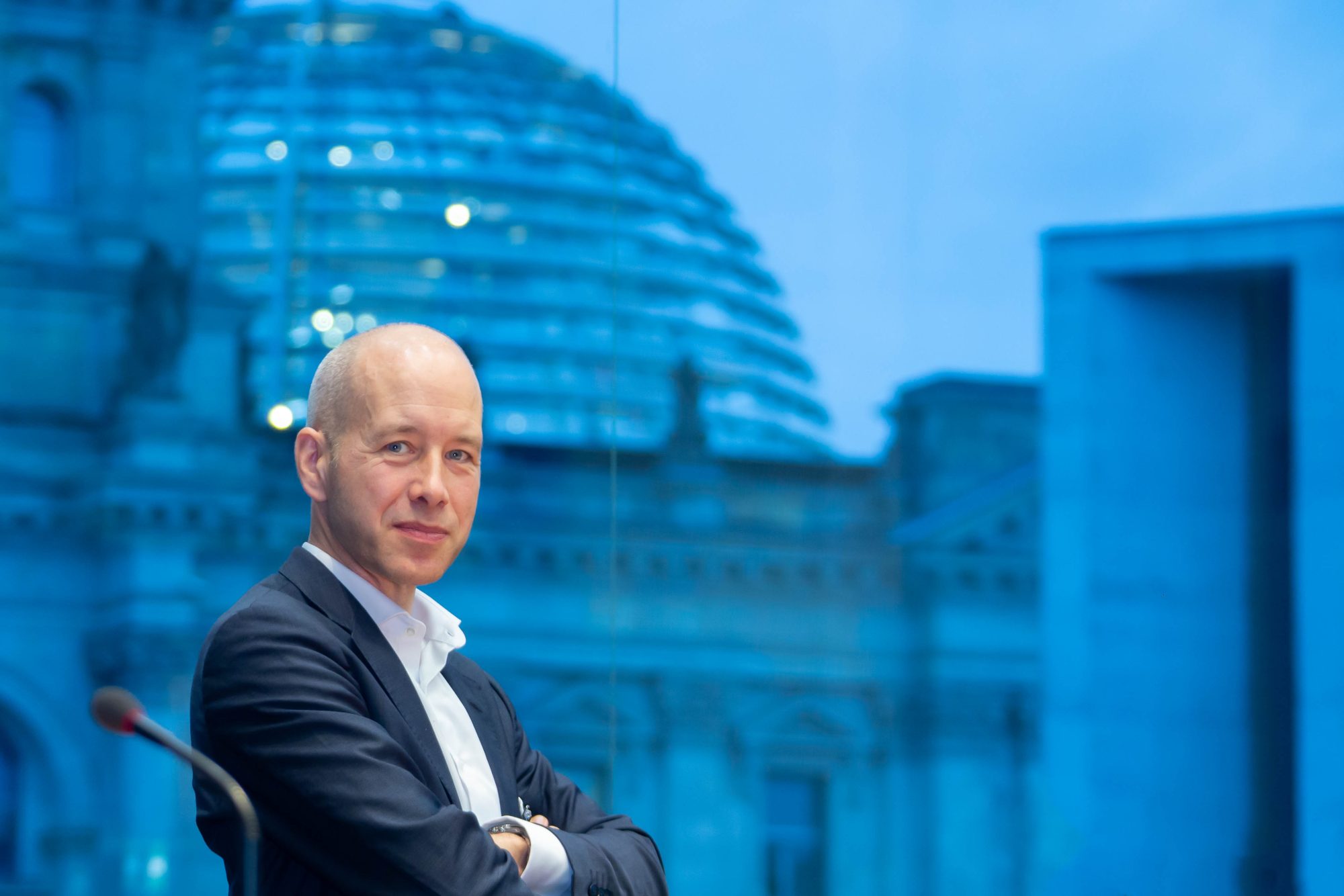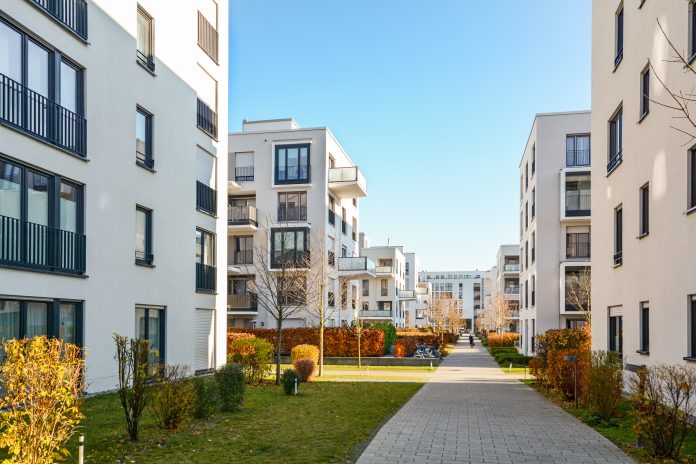Thomas Nowak, known as “Mr. Heat Pump,” is a crucial figure at Qvantum, promoting the concept of heat pumps in Europe. Read this interview to learn more about the company’s unique system approach
Heat pump manufacturer Qvantum has hired Thomas Nowak as VP of Government Relations and Public Affairs. As Secretary General of the European Heat Pump Association (EHPA), Thomas Nowak has helped establish heat pumps as a critical topic in the European Union policy environment. For nearly 18 years, Nowak as has been the driving force behind promoting heat pump technology across the continent. In this interview, Nowak explains why Qvantum’s system approach is so unique.
The concept of heat pumps in Europe
Thomas Nowak is widely regarded as a highly influential figure in promoting the concept of heat pumps in Europe. He is often referred to as “Mr. Heat Pump.” After serving 18 years as the Secretary General of the European Heat Pump Association, he has joined Qvantum. “The concept of heat pumps, being able to provide heating and cooling at the same time, has fascinated me from the first day I learned about it,” says Thomas Nowak. “Its impact is of such magnitude that – if the fundamentals were not already known, researching them would warrant a multi-billion Euro research program. Hence, it is still surprising that policymakers and civil society are not pushing with equal force to establish heat pumps for all applications and across Europe.”

Heat pumps by Qvantum
With Qvantum, we want to put the weight of a European manufacturer behind this cause. Qvantum’s product offering is solidly based on a systems approach. Qvantum provides heat pumps for residential and commercial applications. It does more by providing the knowledge to connect heat pumps through a local energy grid that serves as a thermal battery for all connected units.
“The Qvantum package heats and cools end-users’ premises and provides demand-side flexibility to the electric grid. By doing so, the grid is stabilised, and wind and PV electricity assets can be used more efficiently,” explains Nowak.
“I am convinced that the future is electric because it makes the life of the average European much more convenient. We have been asking for energy efficiency first; today, we know that efficiency first means electrification. With Qvantum solutions, this also applies to the neglected multi-family building market.
“Establishing heat pumps in this application field is revolutionary, and I want to contribute to this ongoing change. Next to single-family buildings, commercial and industrial applications, the multi-family buildings renovation sector is the sleeping giant in transitioning the provision of thermal energy from polluting to non-polluting energy sources,” Nowak continues.
Quantum’s vision for heat pumps
Quantum’s vision is to make it possible for many people to live without being dependent on fossil fuels for their heating and cooling. With heat pumps adapted for apartments that currently use gas as a heating method, it is believed that the transition to fossil-free energy systems can accelerate.
“Qvantum is so much more than a heat pump manufacturer,” Nowak says. “They have a unique system approach, including using heat pumps in low- temperature district heating systems or ambient loops.
Something that makes the heat pump part of a solution for multi-family buildings and entire developments. They even use the heat pumps as thermal batteries that can help stabilise the electric power grid. This is a revolution I want to be part of”, Nowak concludes.
The CEO’s thoughts on heat pumps
“To make our vision a reality, we need to reach out to decision-makers in both politics and business, and we need to be present in the early stages of decision-making processes,” says Fredrik Rosenqvist, CEO of Qvantum.
“There are so many aspects of the technology and its benefits that are still unknown to many, especially when it comes to using heat pumps in grids and as thermal batteries. Thomas’s network, knowledge, and enthusiasm make him perfect for his role,” Rosenqvist adds.

This work is licensed under Creative Commons Attribution-NonCommercial-NoDerivatives 4.0 International.











